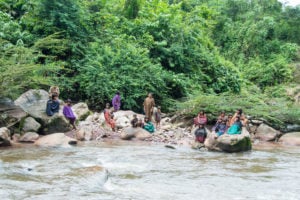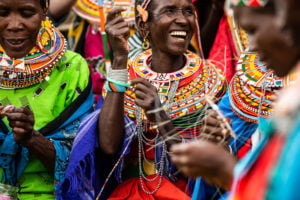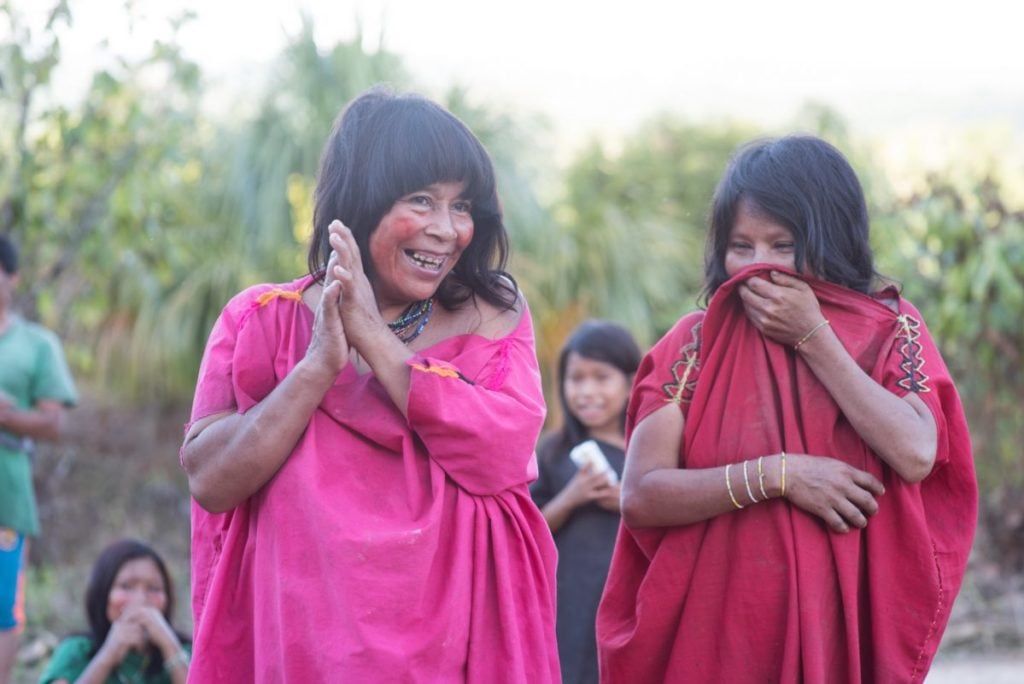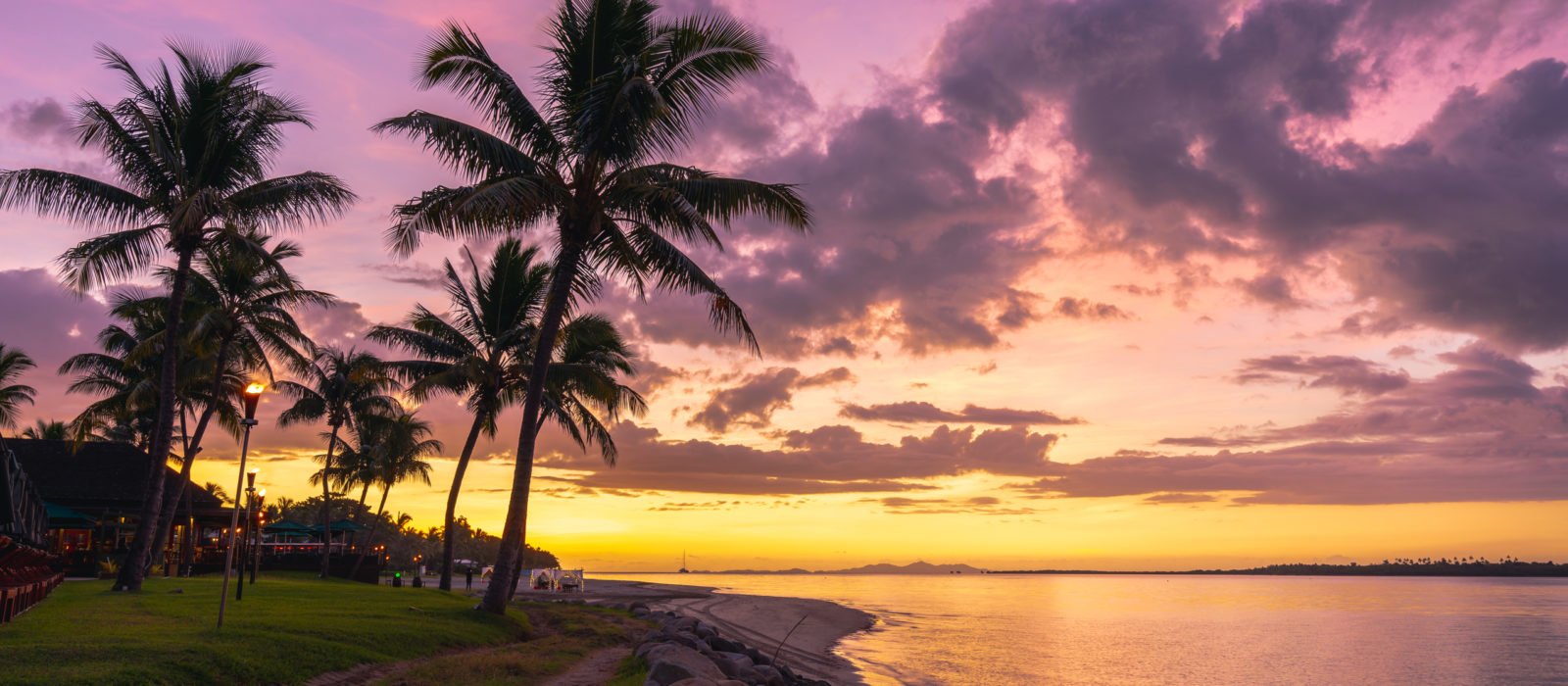Published on: March 26th, 2020
Last modified: March 26th, 2020
It’s no secret that the travel industry is facing unprecedented times. Understandably, we’re no longer allowed to cross borders, and have turned to travelling from the comfort of our own homes through tools like books, films and magazines.
We’ve already begun to highlight the People Behind the Places to add to your reading material, and showcase how just one trip impacts a great many people.
Now, we’re going one step further and taking a leaf out of Conde Nast Traveller’s book to explain why postponing, rather than cancelling your holiday, could be the best thing to do right now.
Community
At Jacada, people are at the heart of what we do. Whether it’s the local safari guide leading you through the Kruger or the local resident teaching you how to make a Rajasthani curry, journeys are more often than not about the people you meet along the way. Across the globe, the money generated by tourism also goes far in indirectly benefiting communities who aren’t directly involved in the tourism industry.

Proceeds from our trips directly benefit local communities through our charity partnerships, from projects dedicated to building schools in Burma to providing disadvantaged young people with career counselling in London. No matter what they’re doing, our community-focused charities are making a real difference the world over. There’s never been a better time to remind us that we’re all interconnected, and that each of our actions has a consequence. This time, by postponing rather than cancelling your trip, the consequence might be offering a vital lifeline to one of the many people who rely on our partner charities’ services.
Commerce
It’s no secret that COVID-19 is wreaking havoc on the economy, and the Travel & Tourism sector is no exception. In usual times, Travel & Tourism supports the equivalent of 1 in 10 jobs in the global economy, which equates to an astonishing amount of employees, particularly in the developing world. With international travel expected to be disrupted for at least three months, there’s up to 50 million jobs at risk across the industry.

The threat of coronavirus isn’t just about businesses losing bookings – it’s about the individuals employed within it (from travel agents to local guides) and those wishing to travel in the future. The more people postpone their bookings, the more likely it is that the travel industry will be able to get back on its feet once the threat has disappeared. Postponing your trip stops hotels and destinations from losing 100% of their income, which in turn means they’ll still be there for you to enjoy on the other side of the pandemic.
Culture
As Julie Cheetham, Managing Director of South Africa’s luxury lodge Grootbos, states culture is inextricably linked to community:
“At Grootbos, we believe that the right kind of travel – travel with purpose, whereby travellers visit places like Grootbos, is helping to keep cultures around the world alive. What’s more, anyone who visits can take comfort in the fact that they’re supporting a property that is doing good for both nature and communities.”

These thoughts are echoed throughout the industry, and The Long Run’s Delphine Malleret King feels much the same way:
“The tourism industry has an incredible opportunity, due to its position as a significant global economic player, the number of people it reaches (employees and consumers), and due to the fact that a lot of our work inherently centres around thriving communities, cultures and biodiversity. I believe tourism has the potential to have an exponential effect by transforming people’s attitude through travel.”

Whether it’s discovering Sri Lanka’s Cultural Triangle or exploring Istanbul’s ancient mosques, it’s worth remembering that travel and tourism is a lifeline for keeping cultures alive.
Conservation
It might seem counterintuitive to state that travelling more is good for conservation efforts, but there are certain projects across the world that rely on tourism to drive them forward. One such example is our rainforest preservation partner Cool Earth. By partnering with Cool Earth and their community-led partnerships, we are working to prevent deforestation whilst maintaining biodiversity and carbon storage levels for every trip sold.

Put simply, that means each person who travels with us helps preserve the equivalent of one acre of rainforest. On the whole, it’s probably a good thing that there aren’t as many planes taking off for the foreseeable future, but it’s projects like these that remind us that if we travel responsibly, travel can have huge conservation benefits too.
